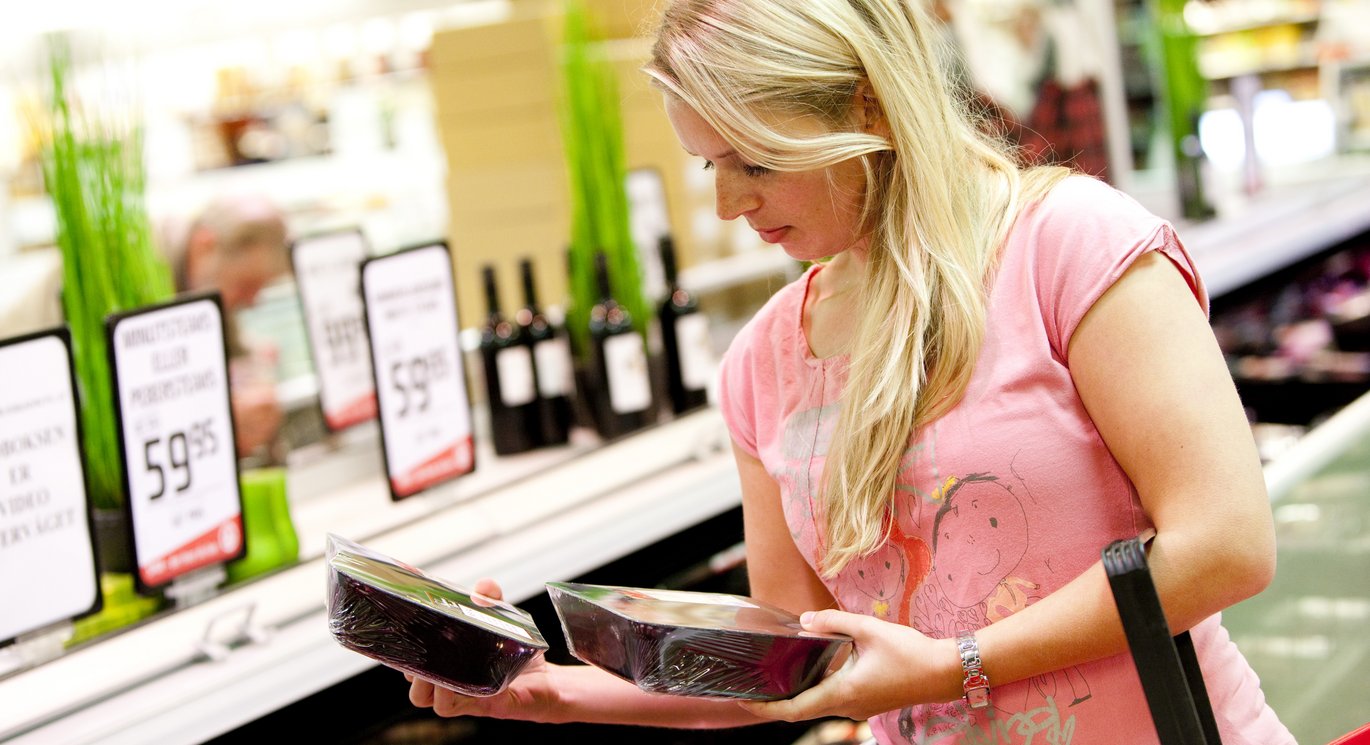Consumers like convenience gourmet food
Danish consumers are positive with regard to buying convenience gourmet food, according to a study from Aarhus University that reveals growth potential for Danish gastronomy.

In the past ten years, consumers have increasingly adopted Danish gastronomy. Now they are also ready to jump on the bandwagon with regard to convenience food with a gastronomic quality when they go grocery shopping.
These are the findings in a recent study carried out by researchers from the MAPP Centre – Research on Value Creation in the Food Sector for Consumers, Industry and Society, Department of Management, and the Department of Food Science, both Aarhus University, at the request of the Ministry of Environment and Food of Denmark.
The ministry requested an analysis of which concepts can take advantage of the potential for growth in Danish gastronomy and which barriers there might be to realising this growth.
Gastronomic meatballs in curry sauce
The results of the study show clearly that there is a segment of customers who are interested in buying so-called gastro-convenience products.
One of the products the study’s test persons evaluated was meatballs in curry made by the gourmet chef Per Mandrup. This and other tests showed that consumers do not perceive gastronomy and convenience as being like oil and water.
The consumers who are particularly interested in buying gastro-convenience products are those who are already buying convenience food and who seldom spend more than two hours cooking. The target group comprises mostly singles who are either under 30 years or between 40 and 59 years.
Many opportunities for growth Danish gastronomy
In the report, the researchers from Aarhus University point at six concepts that can raise the potential of Danish gastronomy. Gastro-convenience products are one of the options while another major focus is on improving the food experience that tourists meet when they visit museums and other attractions in Denmark.
The researchers also looked at which barriers could stand in the way of developing Danish gastronomic products. One barrier is that it can be difficult for small, innovative food producers to scale their production, distribution and marketing. In answer to this, the report recommends that business models could be based on sharing economy in which big and small business collaborate with each other.
The report ”Vækstmuligheder inden for dansk gastronomi” (in Danish) was requested by the Ministry of Environment and Food of Denmark as part of the agreement regarding policy support. You can read more about all the concepts, barriers and recommendations in the report, which was published by DCA – Danish Centre for Food and Agriculture.
For more information please contact:
Professor Tino Bech-Larsen, Department of Management, email: tib@mgmt.au.dk, telephone: +45 8716 5017, mobile: +45 2422 2592
